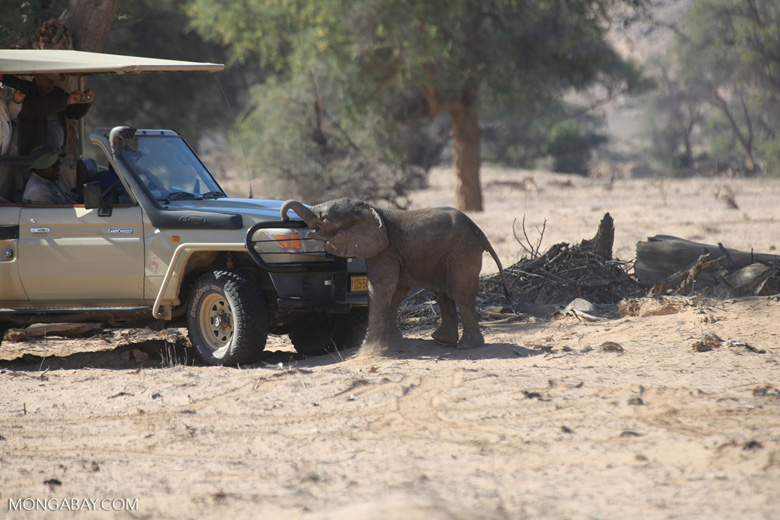Background
How will Africa’s people meet their needs and desires while protecting and restoring the landscapes and ecology on which everything ultimately depends? There are complex choices ahead for people and policy makers in Africa and beyond.
The African continent is undergoing accelerating changes. Urban and rural populations alike are growing rapidly, paced by rising demand for things like food and fuel. For centuries, the continent has been a site for the extraction of resources propping up the wealthy North – it was palm oil, rubber and slaves, it’s timber and coltan and crude oil now – with often devastating impacts on the environment.
Looming over all of this is climate change, with its growing impacts on harvests, habitat, forests and farmland, rivers and coastlines. Mongabay Africa is following stories of communities and biodiversity across the continent, from Nouakchott to Zanzibar, from Tunis to Gqeberha. In 2024, we are taking a particular interest in a myriad of changes in the Congo Basin, where increased interest from industrial agriculture, proliferating road networks, armed conflict, and exploration for oil and gas is unfolding against a regional drying trend. Communities, civil society, conservationists, governments, and the land itself — all are responding with more and less success..
This reporting project aims to strengthen understanding of the global and local forces affecting Africa’s ecosystems, and foreground the voices of those impacted by environmental changes, considering both fruitful and harmful connections between conservation and development.

Suggested story topics and guidelines
We welcome proposals from experienced journalists for conventional news stories, in-depth features, investigative reports, profiles, and case studies. We will also consider proposals for fully edited and produced videos of up to 10 minutes in length.
Mongabay is particularly interested in stories that are relevant to the following themes:
- development pressures: new roads, new industry, new mouths and appetites to feed; adapting agriculture to new conditions; and the effects of resource extraction on land and local livelihoods. (For more details, please see the land rights and extractive industries)
- environmental change: the unexpected deaths of centuries-old baobabs; the unwelcome flourishing of new species; forests – with an emphasis on recent deforestation and degradation – as well as nature-based solutions for curbing deforestation and climate change. (For more details, please see the tropical forests)
- tracing supply chains: efforts to create and maintain profitable and environmentally-sound businesses, understanding the impacts of the production of food, fuel, soap and cement; the effects of globalized trade (both legal and otherwise); the costs of poverty and commercialized culture.
- sustainability: successful efforts to revive rivers and forests, understanding where and how efforts to certify sustainability can fall short. (For more details, please review the reforestation and agroecology)
- conservation: we’re especially interested in community conservation and locally-based organizations coming up with new approaches to managing protected areas; efforts to save endangered ape species. For more details, please see the Indigenous peoples, local communities, and conservation)
Opinion pieces, or commentaries, will not be considered for this project and are not paid opportunities. Please share commentary pitches using this form and refer to submission guidelines here.
Stories are typically between 800 and 2,000 words in length and should include quotes from at least three original interviews.
Mongabay will negotiate all fees and contracts on a per-story basis. Completed stories will be paid on a per word or fixed fee basis, with rates depending primarily on the journalist’s experience. Mongabay.com publishes under an open Creative Commons license that allows for sharing, translation, and re-posting. More information on Mongabay’s editorial standards and practice can be found here.
How to submit your story pitch
To send Mongabay a pitch, please be prepared to also share your resume/portfolio along with three samples of your work. The story pitch should be roughly 500 words in length and clearly explain what you propose to write about, and describe potential sources. If you are proposing a story that is led by video, please indicate that.
You can find further guidelines on thematic areas of interest here: https://mongabay.org/programs/news/opportunities/